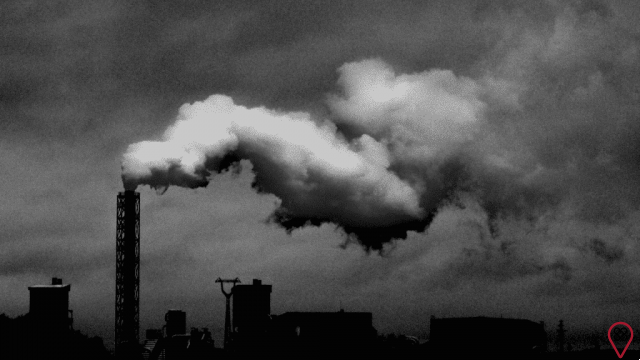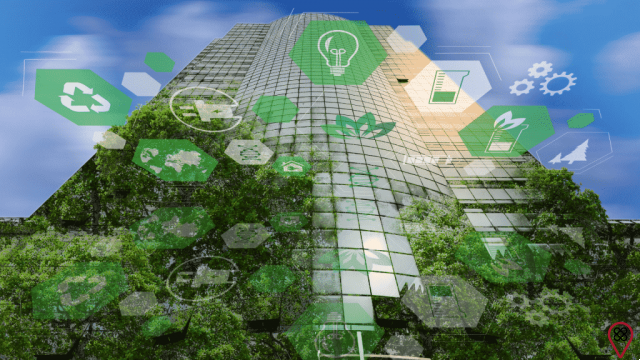With each passing day, the number of people concerned with ecological issues and the environment only increases. You must have already noticed this somewhere on the internet or even in the spaces you frequent, right?
With this concern and collective demand, companies find themselves pressured to collaborate with the environment during their processes, or at least they should. This concern, however, is often just sold as advertising and brand positioning and is often far from reality.
Have you ever wondered what greenwashing or “green lying” is? So, this term talks about this false collaboration of some companies with nature. Want to know more about it? Follow the article until the end!
What is greenwashing?
The term “greenwashing” translates into some expressions such as “green lie”, “green wash” or even “green makeup”. All of them make sense of a very common practice today, where corporations sell an ecological positioning as a gimmick to attract consumer attention and sales.
Under this green cloth, many processes actually do not fit into actions that conserve the environment. A company commits greenwashing when it omits or even falsifies evidence of the true environmental impact of its activities.

According to an investigation carried out by the European Commission (EC) in 2021, 59% of corporations that make up discourses such as “sustainable” and “conscious” did not present evidence to confirm their ecological actions.
This is a serious problem, as consumers are subjected to an abusive practice of persuasion, especially when it comes to something as sensitive as the issue of preserving the environment.
When did greenwashing start?
With a new wave of environmental movements and the popularization of more sustainable measures for everyday life, we have the impression that greenwashing is something new, but, in fact, the phenomenon took its first steps in the mid-80s.
In an essay that mocked the “save the towels” movement in hotels, the environmentalist Jay Westerveld cravou o termo “greenwashing”, pointing out that hotels were also wasting resources in other ways than towels.
Simply put, this is one of the first and greatest examples of greenwashing: discourse to gain space in the market, but which, in fact, does not fit into the activities of companies in a broad way.
After all, what's the point of promoting just one sustainable action while other activities in the same corporation still generate harmful impacts on the environment?
How can you tell when a company is greenwashing?
The main purpose of greenwashing is to disguise the lack of environmental responsibility and sell itself as an ecological solution to competitors. That's why it's certain that companies will do the most likely way to deceive their consumer, hiding the evidence that proves the opposite.
There are, however, ways to notice the signs of greenwashing. the first step is always question all sustainability bonds that the company provides. Only certifications such as FSC (Forest Stewardship Council), IBD (Instituto Biodinâmico), PROCEL and Ecocert can confirm information about ecological activities in companies.

If there is still a certifier, it is also important to check on their website if the name of the company in question appears as certified.
Another way to avoid greenwashing is to pay attention to every detail of the product to make sure it really fits as sustainable. An example of this is when some food and fast-food chain claims to reduce plastic straws, but continues to use other items such as cutlery, plates and plastic cups.
Remember: whenever a product or service is sold with a sustainability bias, there needs to be a proof base for this.
In Spain, there are authorities that receive reports of greenwashing practices and misleading and abusive advertising, such as CONAR, Consumer.gov and PROCON.
You may also like
- Discover 10 sustainable attitudes you can have every day
- Learn more about climate change
- See how to be more respectful of the environment
What is said is not always done. As a consumer, it is your right to demand that companies be transparent in their actions and speeches. After all, talking about the preservation of the environment is increasingly urgent. There is no time or space for lies and deception that aim only at profit without, in fact, collaborating in any way with the environment. Watch out!

























